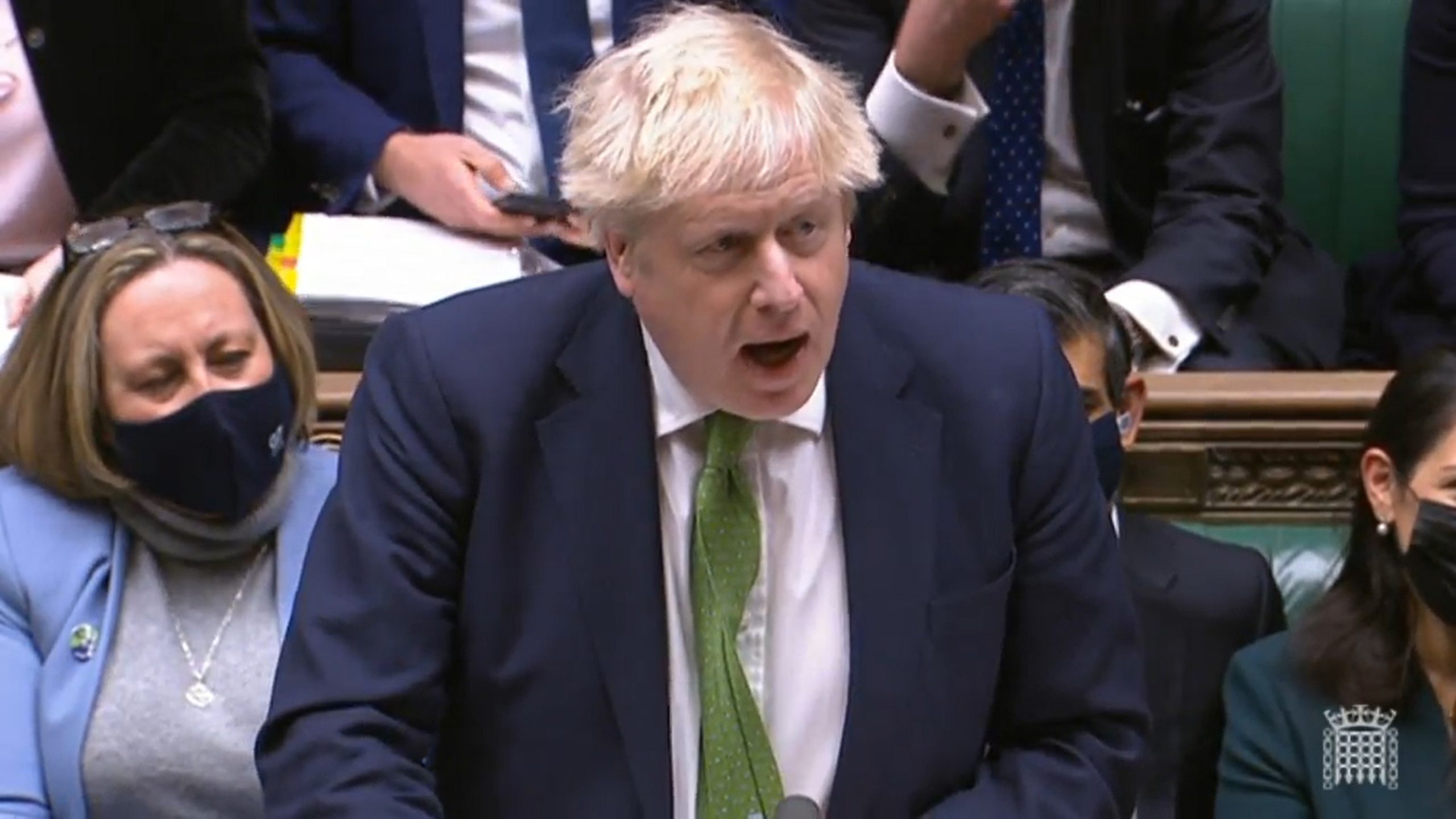An estimated 6,800 maternal deaths are likely to occur in Nigeria over the next six months from preventable causes due to weaken health system following the COVID-19 pandemic in the country, according to the United Nations Children’s Fund (UNICEF).
In a statement, UNICEF said, “the estimate is based on an analysis by researchers from Johns Hopkins Bloomberg School of Public Health, newly published in The Lancet Global Health journal.”
UNICEF which warns that the COVID-19 disruptions in the health systems could result in potentially devastating increases in maternal and child deaths, added that the analysis gives three scenarios of the potential impact of the pandemic in 118 low- and middle-income countries, including Nigeria.
“In the worst-case scenario, the estimate is that an additional nearly 173,000 under-five deaths could occur in just six months, due to reductions in routine health service coverage levels – including routine vaccinations – and an increase in child wasting.”
UNICEF Executive Director, Henrietta Fore said “about 6,800 more Nigerian maternal deaths could also occur in just six months. Under a worst-case scenario, the global number of children dying before their fifth birthdays could increase for the first time in decades. We must not let mothers and children become collateral damage in the fight against the virus.”
Reacting to this, UNICEF Nigeria’s Country Representative, Peter Hawkins, said: “We have made steady progress in reducing preventable child and maternal deaths in Nigeria over the last 20 years – and it would be devastating if that progress is lost or reversed – devastating for Nigerian families, communities and the country as a whole.”
“The under-five mortality rate has declined gradually over the last two decades in Nigeria – from 213 deaths per thousand in 1990 to 120 today. This is likely due to improved access and coverage of key life-saving interventions at primary health care and community levels and improved immunization rates.”
“But in countries with still overall weak health systems, like Nigeria, COVID-19 is causing disruptions in medical supply chains and straining financial and human resources. Visits to health care centres are declining due to lockdowns, curfews, and transport disruptions, and as communities remain fearful of infection,” he added.

 Health5 days ago
Health5 days ago
 Entertainment7 days ago
Entertainment7 days ago
 Crime5 days ago
Crime5 days ago
 Education1 week ago
Education1 week ago
 Health1 week ago
Health1 week ago
 Comments and Issues6 days ago
Comments and Issues6 days ago
 Football6 days ago
Football6 days ago
 Latest6 days ago
Latest6 days ago









